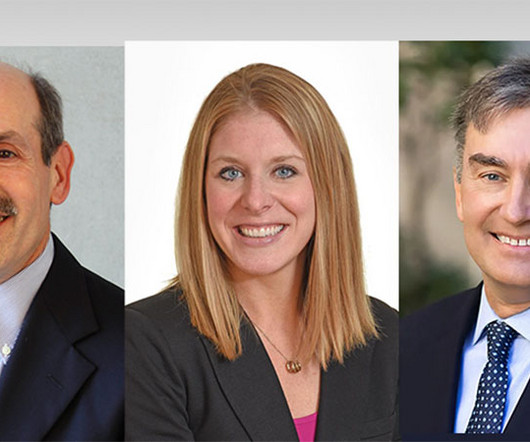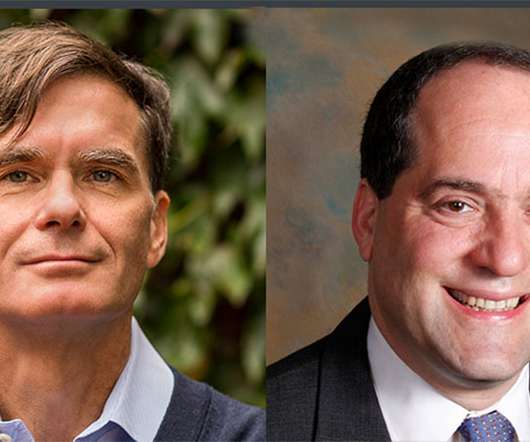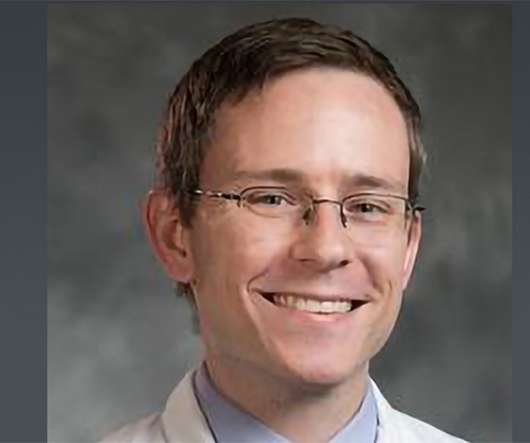The Future of Geriatrics: A Podcast with Jerry Gurwitz, Ryan Chippendale, and Mike Harper
GeriPal
NOVEMBER 2, 2023
Jerry: Probably for the reason a lot of people go into geriatrics, close relationship with grandparents, volunteered to work in a nursing home as a high school student, just felt really good about being around old people and not having a problem with it. The medical school has no geriatricians.”












Let's personalize your content